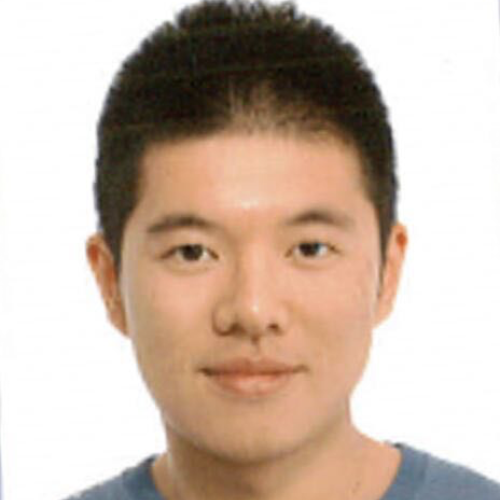Members of Associate Professor Dong Wang's research group, the Social Sensing and Intelligence Lab, will present their research at the 62nd Annual Meeting of the Association for Computational Linguistics (ACL 2024), which will be held from August 11-16 in Bangkok, Thailand. ACL 2024 is the premier venue to present and discuss progress in research, development, standards, and applications of topics in natural language processing and computational linguistics.
PhD student Huimin Zeng will present the paper, "Fair Federated Learning with Biased Vision-Language Models." In this paper, Zeng and his collaborators propose a novel AI framework called Fair Federated Deep Visual Prompting (FF-DVP) that can handle bias issues in federated learning, a machine learning technique that allows multiple devices to train a shared model without sharing their data. FF-DVP leverages fairness-aware deep visual prompting to overcome the inherent bias of the model and the inherent bias within training data. Such a design allows the global federated model to provide fair services for different demographic groups in identity-sensitive applications, such as facial attribute recognition.
Informatics PhD student Zhenrui Yue will present the paper, "Retrieval Augmented Fact Verification by Synthesizing Contrastive Arguments." In this paper, the researchers propose a novel retrieval augmented fact verification framework that can detect false information and generate counter responses. This method retrieves Wikipedia passages and academic articles as supporting facts to generate evidence-based contrastive arguments. By combining in-context demonstrations with contrastive arguments, large language models demonstrate improved performance in fact verification. Yue and collaborators aim to further improve the effectiveness and reliability of fact verification by providing accurate and evidence-based interventions in online discussions and preventing the spread of misinformation.
The primary research focus of the Social Sensing and Intelligence Lab lies in the emerging area of human-centered AI, AI for social good, and cyber-physical systems in social spaces. The lab develops interdisciplinary theories, techniques, and tools for fundamentally understanding, modeling, and evaluating human-centered computing and information (HCCI) systems, and for accurately reconstructing the correct "state of the world," both physical and social.

